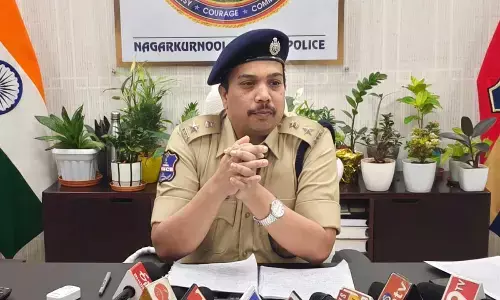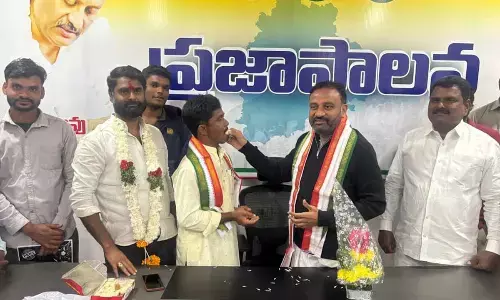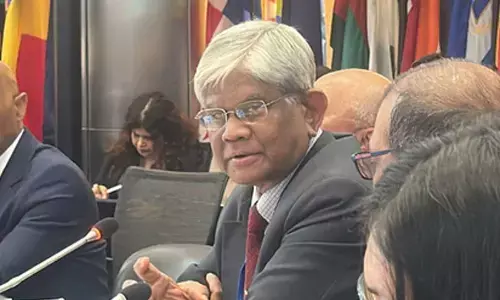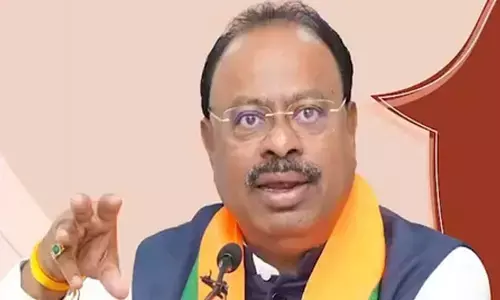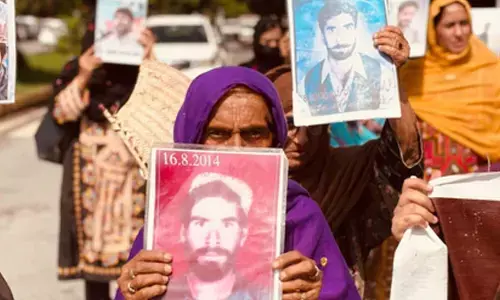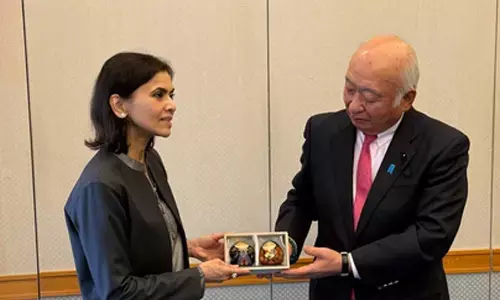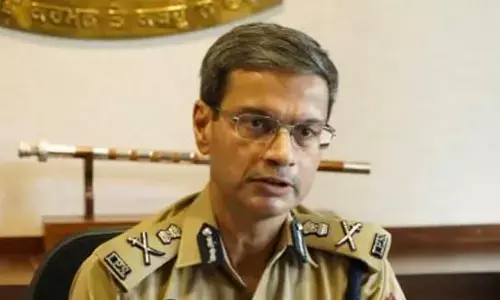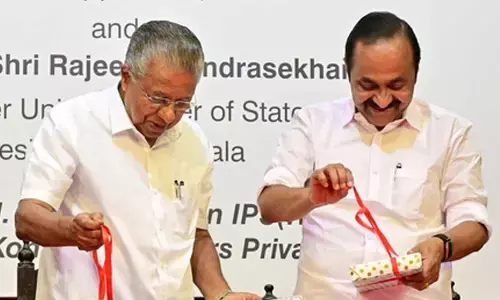Pakistan army chief hints at 'greater role' for himself, accompanies Imran Khan at key meetings during China visit
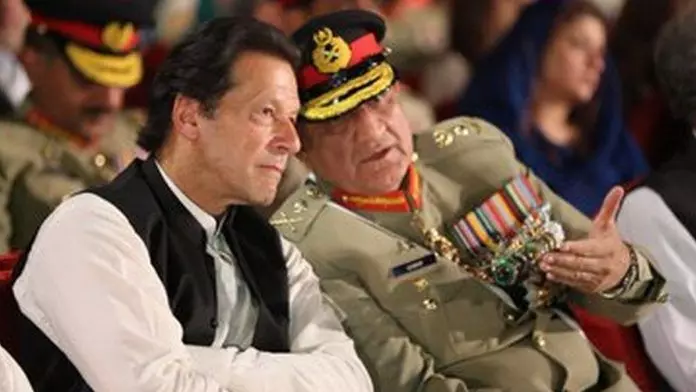
Bajwa was present during the Pakistan PM's meeting with Chinese Premier Li Keqiang.
He has also privately met top business leaders to find ways to shore up the economy, according to people familiar with the matter
NEW DELHI: That the all-powerful Pakistan army calls the shots in the country is all too evident with Pakistan's army chief General Qamar Javed Bajwa taking an even keener interest in the country's affairs.
Pakistan has been under army rule for half of its history. With three military coups since 1947, the elected governments have functioned under the shadow of generals.
Gen Bajwa in August got a three-year extension by Pakistan prime minister Imran Khan -- only the second time that's happened in nearly a decade.
ACCOMPANIES IMRAN KHAN ON CHINA VISIT
The general accompanied Khan on his China visit and was present during the Pakistan PM's meeting with Chinese Premier Li Keqiang. Bajwa separately called on Xu Qiliang, vice chairman of the Central Military Commission and discussed the military ties between the two countries.
The general also accompanied Khan during key meetings with top Chinese leaders in Beijing amid reports that he is seeking greater role in the country's affairs, PTI reported.
The friendship between the two countries has weathered the changing international landscape and stayed rock-solid, Xu said.
Bajwa is also expected to accompany Khan for his meeting with President Xi Jinping and National People's Congress (NPC) Li Zhanshu in Beijing. The Pakistan army general along with ISI chief Lieutenant-General Faiz Hameed accompanied Khan during his recent visit to the UN to attend the General Assembly session.
Since he came to power, Khan had struggled to strike a chord with the Chinese leadership amid reports that some of the key projects under the China-Pakistan Economic Corridor (CPEC) were delayed.
In rare gesture in September last year Xi met Gen Bajwa whose army raised a separate force to protect thousands of Chinese personnel working in the CPEC projects.
In August this year China welcomed Khan's move to extend the term of Bajwa for three years, calling him an "extraordinary leader" of his military and an "old friend" of the Chinese government.
HOLDS MEETING ON ECONOMY
Bajwa has also privately met top business leaders to find ways to shore up the economy, according to people familiar with the matter. Bloomberg reported that the three meetings took place this year at heavily guarded military offices in Karachi and Rawalpindi where the Pakistan army general asked business leaders how to fix the economy and what would lead them to make investments, said the people, who asked not to be identified.
Some of the meetings resulted in prompt decisions including sending instructions to top government officials, the people said, without giving any specific examples. They said the general was concerned about restoring confidence among the business community.
An army spokesman declined to comment when asked about the meetings.
The government estimates economic growth in Pakistan at the slowest pace in over a decade -- at 2.4% in the year started July. Pakistan secured a $6 billion loan in May from the International Monetary Fund to help stabilize the economy after a deficit blowout.
The military has seen a direct impact from the economic slowdown: Defence spending was frozen in the 2020 fiscal year budget for the first time in more than a decade. That comes as soldiers are on high alert against terrorists based in Afghanistan and heightened tensions with India.
And while many business leaders and economic analysts in Pakistan actually welcome a greater role for the generals since they view Khan's party as inexperienced compared with the military, there are concerns about about what an ever-increasing role for the military means for Pakistan's democracy and the future of civilian institutions that haven't been given the space to develop.
"The growing role of the military in the economy's management in addition to its traditional dominance of the security matters is nothing but a soft coup that is a setback for the democratic process," said Yousuf Nazar, a former Citigroup Inc banker and author of a book on Pakistan's economy. "This will have far reaching repercussions," he said, adding generally that strong-arm methods for management will not work for basic economic and social issues.








